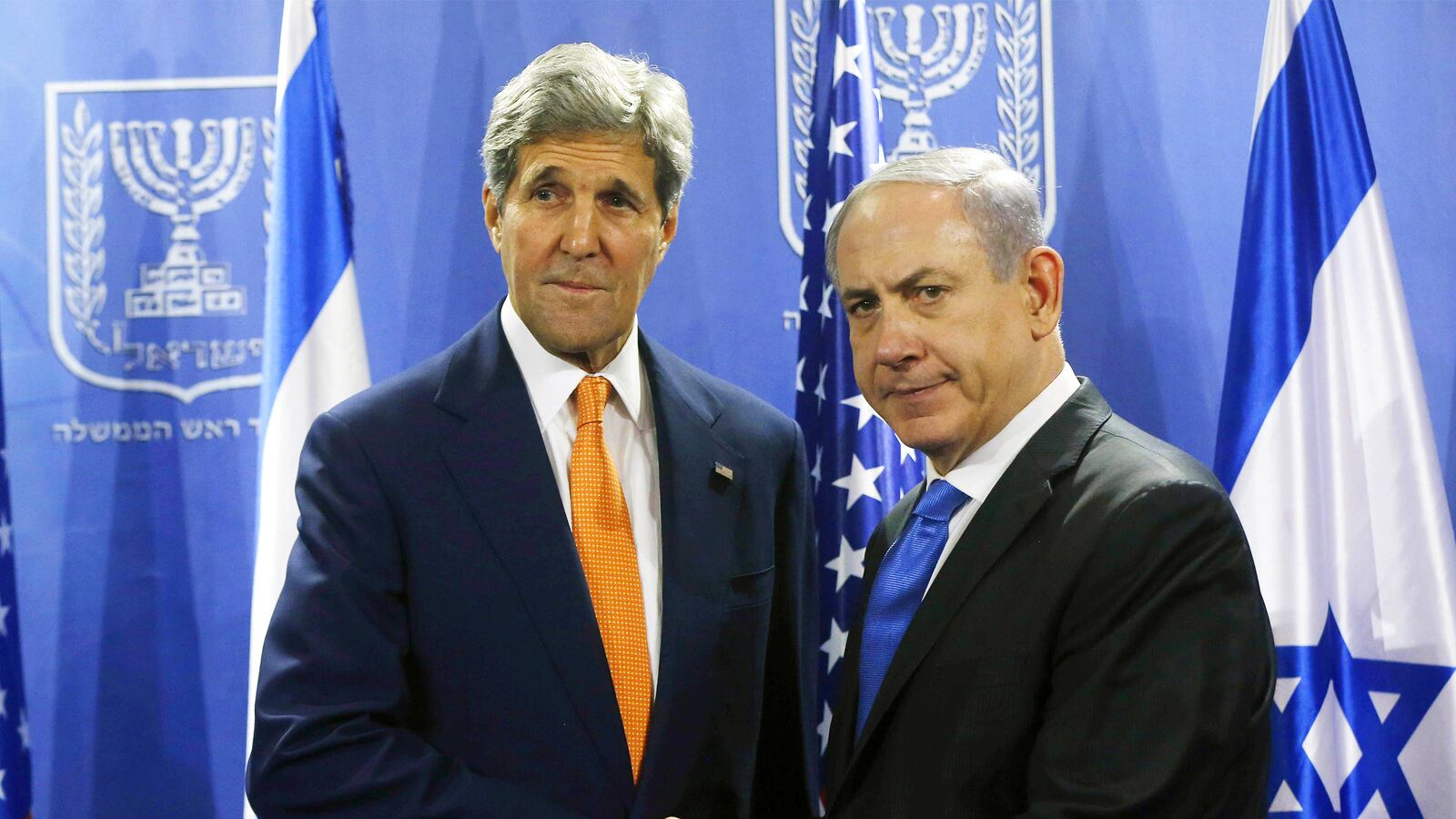Woody Allen once remarked that 80 or 90 % of life was just showing up. But the comedic genius was wrong; success in most dimensions of the human enterprise is showing up at the right time.
So what is it that the Arabs, Palestinians and Europeans don’t understand? Now is hardly the time to be doing anything on the so-called peace process other than trying to avoid an explosion on the ground. Efforts to push meaningless draft resolutions at the UN and others by European Parliaments to recognize Palestinian statehood certainly don’t threaten Israel in any serious way. But neither will they advance a two state solution.
If the European and Arab objective is to embarrass the US, feed Palestinian fantasies that international recognition will somehow produce a real state, and buck up the Israeli right, then full steam ahead. But if the goal is to maintain any hope—grim as it is— for serious negotiations leading to a two state solution. they’d be better advised to defer UN votes, kick this particular can down the road until after the March 2015 Israeli elections, and spend more time watching Woody Allen movies. And here’s why.
There is no peace process to advance
In case you haven’t noticed, there is no credible peace process and hasn’t been for at least a decade and a half, and no chance of promoting one right now.. Sure you’ve had various Israeli-Palestinian bilateral talks and US brokered efforts to get talks going and even to develop proposals to bridge gaps. But none of these, including the Camp David summit of July 2000, not to mention John Kerry’s most recent efforts in 2013, ever got close enough to be considered even a “close but no cigar” outcome. The gaps on the big issues are just too large, the mistrust between Israelis and Palestinians too deep, and the current leaders far too constrained for a successful outcome. Add to that the grim realities in a Middle East that seems more turbulent by the day and the more important priority of getting a US-Iranian deal on the nuclear issue and you have a perfect storm of factors gathering against focusing on a successful peace process.
UN resolutions won’t help
If you did have serious negotiations of course you wouldn’t need actions at the United Nations, particularly ones that impose deadlines that are unlikely to be met and terms that at least one of the parties to putative talks—Israel—and maybe the United States— are likely to oppose. There is simply no credible argument as to how action at the UN now is going to seriously lead to an agreement or even prepare the ground for one. And the idea that by pushing paper in New York you can somehow keep matters calm on the ground and avoid violence in Jerusalem and the West Bank never added up. It is the perverse relationship between the occupier and the occupied that drives confrontation and violence, no meaningless talking at the UN.
Moreover, the idea that locking in a consensus on either timing or terms of reference of a negotiation at the UN now will somehow make the Israelis and Palestinians more compliant just doesn’t compute. And this is particularly true given the lack of consensus that exists on issues such as Jerusalem and refugees, and security. The idea that the so-called great powers—the five Permanent Members of the Security Council—will be able to develop positions for negotiations or to create an environment conducive to building confidence and trust between the core parties is frankly laughable. The reason the UN issue has materialized now is because the Europeans and Arabs are frustrated and want to do something not because that something makes sense, will actually work, or is coming along at the right time. That the parties themselves have been unable or unwilling to solve the Israeli-Palestinian conflict does not mean the international community can. In fact, they can easily make matters worse.
The US in the Middle
The Europeans and the Arabs are frustrated with the US and see it as a too much the protector of the Israelis. Obama and Kerry are pretty frustrated themselves with Netanyahu. But they also understand the dangers of creating the impression that they are jamming or helping him on the eve of an election campaign. The Administration is also worried about violence in Jerusalem and the West Bank on the ground and is eager to see Israeli-Palestinian security cooperation maintained.
So sitting on the side lines isn’t a good option. Hence the recent Kerry trip to Rome to meet with Netanyahu and meetings with Europeans and Palestinians. But the US isn’t going to do much right now either. Ideally, Kerry would like to see the UN issue deferred until after the March Israeli elections. And Washington is sensitive to any language in the UN resolutions that might be considered unilateral, e.g. imposing deadlines for ending the occupation. And that’s why the Americans are looking for a way to avoid a veto on one hand or a resolution that could create troubles for a serious negotiation down the road should there be one. Washington seems to be willing to see whether there’s a basis for compromise using the French draft that includes terms of reference for putative negotiations and a goal of reaching an accord in 2016. But even that resolution might prove tricky if the terms of reference go beyond those Kerry was considering in his 2013 effort or appear to be designed to influence the outcome of the Israeli elections.
Israeli elections means a time out
And that brings us to the bottom line. We are in three month hiatus. The current Netanyahu Government is a caretaker. Unless you get a new Government willing and able to deal with serious negotiations no UN action on the peace process is going to matter much. If the goal of the US is to see Netanyahu defeated (which I believe it is), that argues for careful and smart conduct between now and then. Jamming Netanyahu at the UN will buck him up among the right. Forcing the US to veto a resolution will do the same. And in the unlikely event some resolution could be worked out that Israelis and Palestinians could accept, that too would vindicate his strategy that Israel is handling the international community just fine.
The best advice is to stop the UN shenanigans and focus on keeping the situation between Israelis and Palestinians non-violent on the ground. If there’s a blow-up there it’s likely to strengthen the right in Israel. This is hardly the time for peacemaking. The doubters and cynics may well be right that a new Israeli Government will either be too right wing to want to negotiate or too left of center to be able to do so.
But that still doesn’t alter the central reality right now. . What remains of the peace process will turn not on what happens in the corridors of New York or in Euro parliaments, but in Israel’s March 2015 elections. And the best advice on that one is to stay the hell away from doing anything to try to Israel’s elections and refrain from too clever by half tactics that just might produce precisely the opposite of what the putative peace processors want to achieve.






